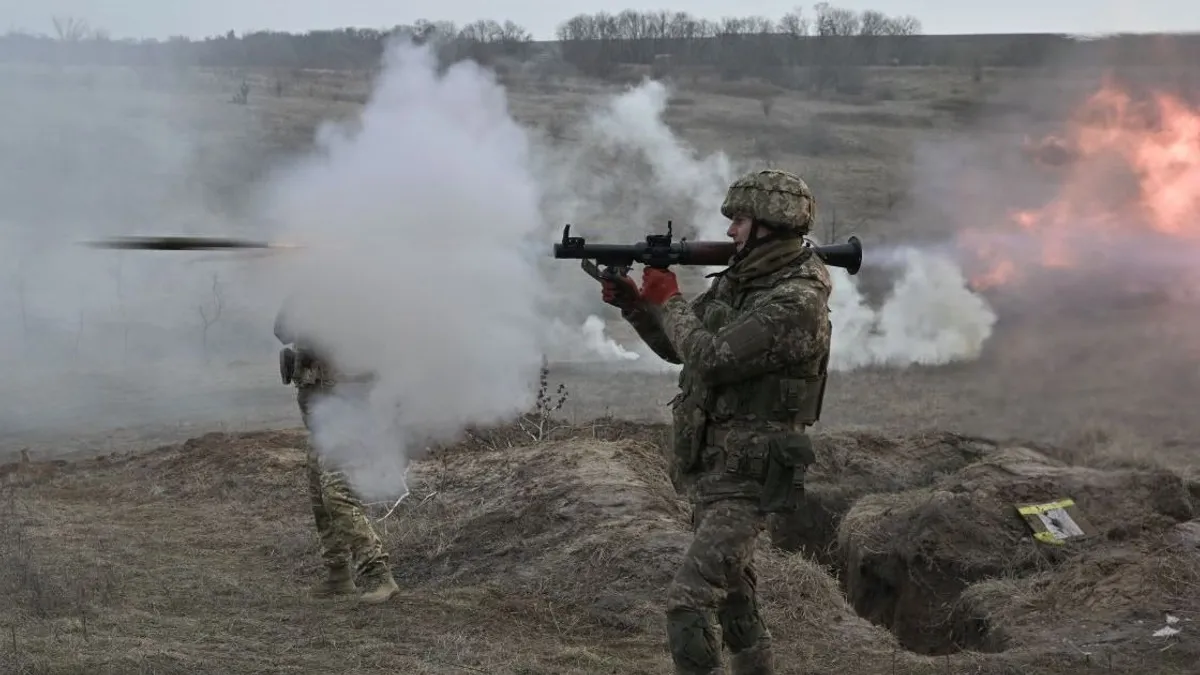Nanotechnology is aimed at influencing the structure of matter at the atomic level with the objective of developing tiny machines that are capable of self-assembly. Although we view nanotechnology as a promising 21st century technology, living organisms have been using nanotechnology since ancient times with great success. Self-organising molecular machines of living cells are mainly made of proteins which are able to fulfil complex functions in a highly controlled fashion: they catalyse complex chemical reactions, convert light, chemical and mechanical energy into each other, and can be used to develop linear and rotational motors or programmable assembly systems. The lecture explains what makes proteins particularly suitable for building self-organising molecular systems.
Observing examples from nature indicates that molecular nanotechnology has enormous potential. Studying the organisational and functional principles of protein-based machines is valuable in creating or own future capability to build our own nanosize devices, perhaps even more remarkable than those seen in the natural world.

Poloska Péter kalandjai - itt vannak a legjobb mémek Magyar Péterről!

Életfogytiglant követelnek Szalántán az életben maradt ámokfutónak a helyiek

Most aztán foghatja a fejét Marco Rossi: Ádám Martinról van szó

Harmadszor is csökken az üzemanyagok ára, olajat talált a Mol – heti összefoglaló

Victoria Beckham ilyen valójában: kitálaltak a zárt ajtók mögötti viselkedéséről

Eladóvá vált az Andy Vajna által bérelt villa: 2,7 milliárd forintot kér érte a tulajdonos

Putyin kivágta egy szarvas szívét, és Berlusconinak adta

„Csalódott vagyok, szégyellem magam” – mondta a DVSC vezetőedzője a Ferencváros elleni vereség után

F1 Miami Nagydíj: Verstappen hibája és egy baleset történelmi sikerhez vezetett

Borzalmas háborús hírt kaptak a kárpátaljai magyarok

Tüntetés Debrecenben: Anyák napján tüntetget Magyar Péter - itt vannak a részletek!
